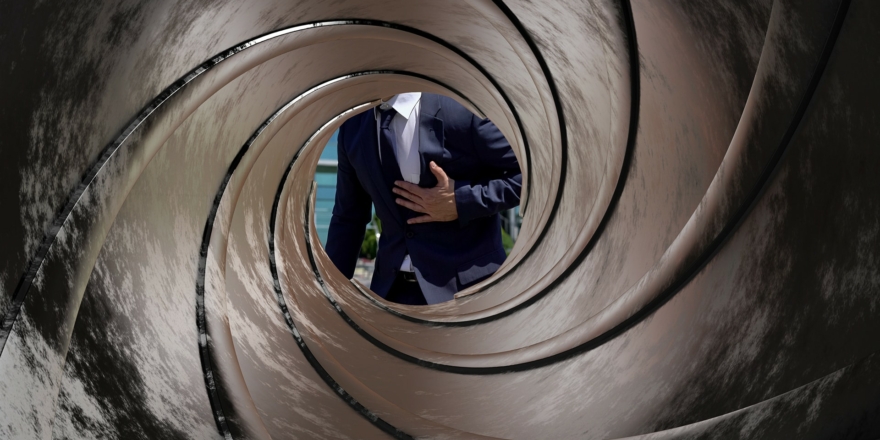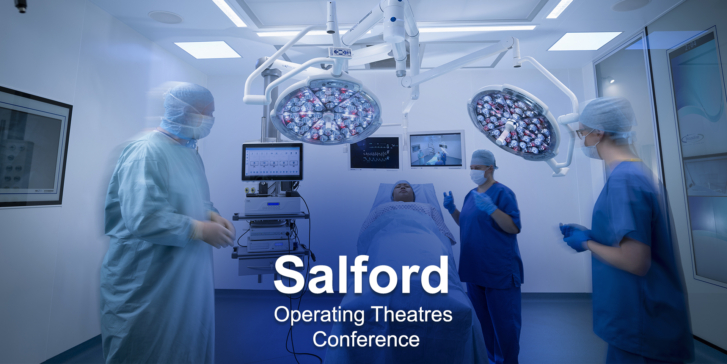Bond Movies

As an Englishman of a certain age, I grew up with 007 and if there was a living to be had recounting trivia from the books and films I would pursue it. It must be said that hero or not, Commander Bond hardly lived a healthy lifestyle – in Ian Fleming’s tomes he smoked like a chimney and it is only in recent years the screen persona became smoke free. Britain’s favorite secret agent is almost certainly an alcoholic, his diet is high fat and low fiber, his driving habits would almost certainly see him banned and as for his nocturnal pursuits, does he ever actually sleep? Quite how he finds the time to battle evil villains is beyond me.
Given his lifestyle 007 is more likely to succumb to a heart attack than a bullet from Scaramanga’s golden gun or Oddjob’s bowler hat. This is the same disease that kills more people who do not work for MI6 (more properly called “SIS” or Special Intelligence Service) than any other disease and ends a lot of peoples days.
Simply put, one or more of the arteries supplying blood to the heart becomes occluded by fatty or calcified deposits which may become inflamed, peel back and block the vessel. As a result, no blood can get to the area of heart muscle supplied by that artery and the muscle dies. This causes gripping chest pain that may travel up into the neck and down into the arm, nausea, sweating, feeling weak and faint and causing difficulty breathing. Or not. Sometimes heart attacks cause the ticker to stop pumping and that, as they say, is that. But sometimes they cause no symptoms at all and that is a problem.
Hang on a second, if they sometimes cause no symptoms, how would one know that a heart attack had happened? Well, at a later date there may be a diagnostic heart test such as an ECG or angiogram that would reveal old damage and your doctor knows. Or the poor unsuspecting soul may die another day and at autopsy the spectre of evidence is there for the pathologist to see. But that doesn’t help you.
As a doctor, I don’t want to live and let die, rather I can let you in on a secret because I am not on Her Majesty’s Secret Service. Recently, doctors from Wake Forest studied 9,498 middle aged men and women and over the course of ten years, 7.4% had a heart attack that was silent in 45% of cases. In other words, there were no symptoms in roughly half the cases and that means these patients did not get the benefit of modern medical treatment that can change the course of the disease.
But I can provide a quantum of solace for you, a heart attack need not mean that the sky has fallen; if one presents to the hospital as a heart attack is developing, skilled physicians can navigate a tube into the blocking vessel, extract or expand the gunk that is impeding flow and re-establish patency with a stent that holds the vessel open. Or operate under bright lights – diamonds are forever and the glow from an operating theatre always gets my attention! Doctors can also initiate medical therapy to treat high blood pressure, high blood fats, recommend an exercise program and change peoples diet and other habits. If you don’t tell the medical profession you have a problem, well they cant help you, or to quote from Goldfinger “do you expect me to talk?” the response is “no Mr. Bond, I expect you to die!
And indeed, the data from this recent study confirm the suspicion, silent heart attacks have a licence to kill and within ten years, 58% of women are dead and 23% of men have succumbed, much higher than patients who get treated early for angina, or fully developed heart attacks. Why are women more than twice as likely to suffer this fate? Several reasons – they have smaller vessels, the disease behaves differently and doctors have traditionally thought of cardiovascular disease as a man’s ailment, although that is now changing.
The sequels of a heart attack can include heart failure, a rhythm disorder or other problems that can take away your breath. So if you have any concern that the discomfort in your chest is not a pulled muscle, flu, or indigestion, don’t gamble your life at casino royale, get checked out because unlike 007, you only live once.

Dr. Jonathan M Sackier
Clinical Director, Brandon Medical
Recent articles

Brandon Medical Welcomes Mayor Tracy Brabin for the Launch of West Yorkshire’s £160 Million Investment Zone
Brandon Medical Welcomes Mayor Tracy Brabin for the Launch of West Yorkshire’s £160 Million Investment Zone

Salford Operating Theatres Conference 2025
Brandon Medical Returns to The Operating Theatres Conference: Explore Integrated Solutions for Acute Care Areas

Arab Health 2025
Arab Health 2025: SMART healthcare spaces: ready now and future-proof
